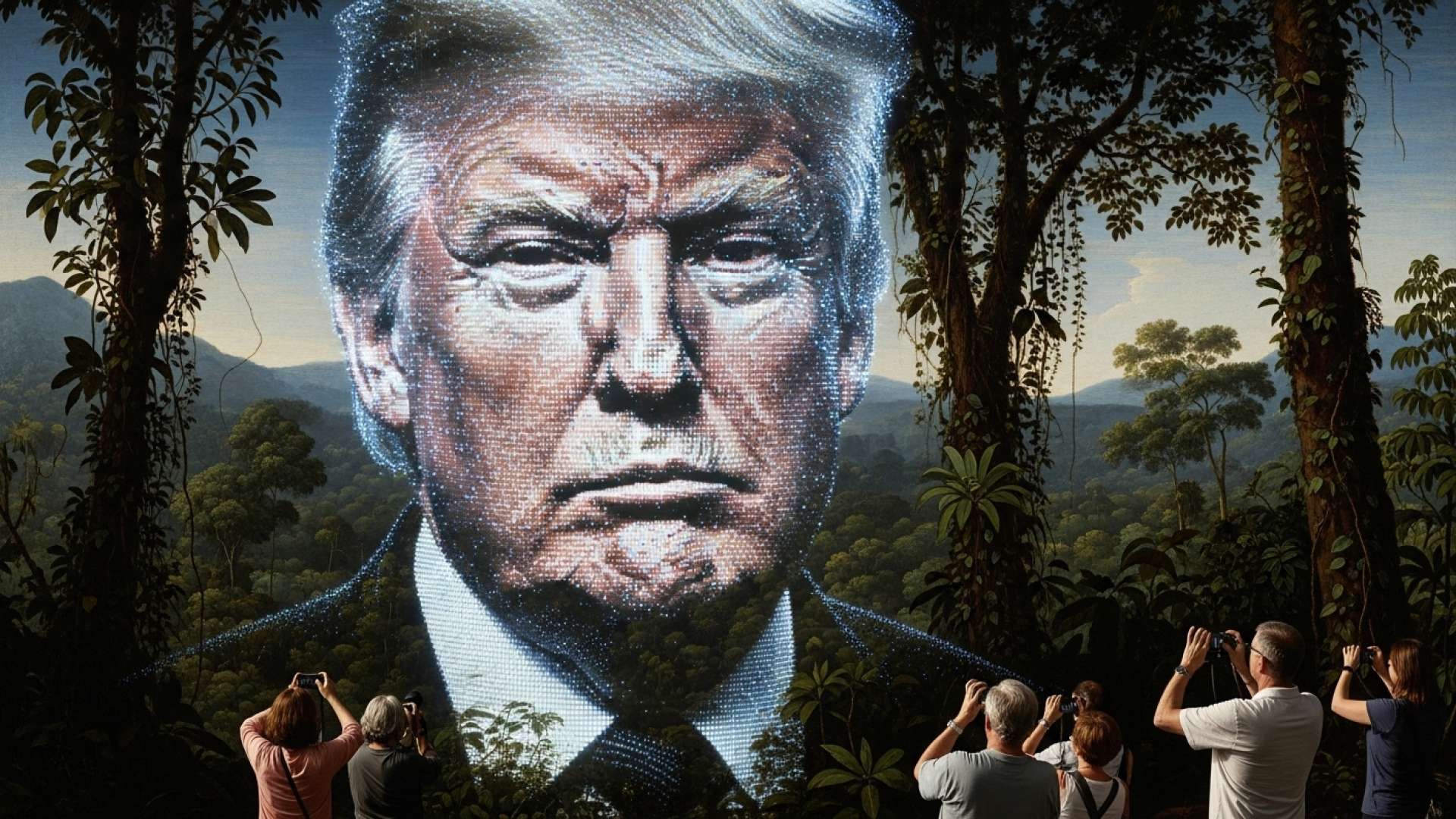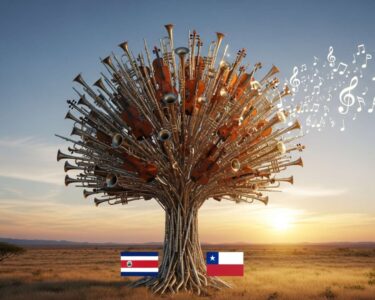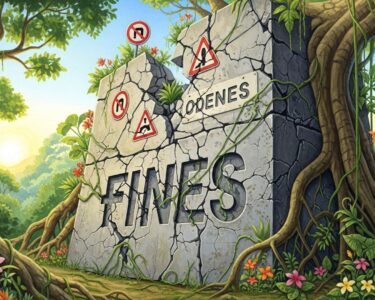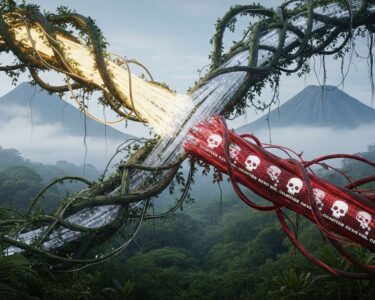San José, Costa Rica — San José, Costa Rica – President Donald Trump’s recent remarks about the safety of San José have sparked concern and prompted a response from the Costa Rican National Chamber of Tourism (Canatur). During a discussion on security, Trump compared Washington D.C. to what he called “some of the worst places in the world,” specifically naming San José, Costa Rica, alongside several other Latin American capitals.
Trump stated his skepticism about living in such locations, raising eyebrows and triggering anxieties within Costa Rica’s tourism industry.
To provide further legal context on the evolving landscape of tourism security, TicosLand.com spoke with Lic. Larry Hans Arroyo Vargas, an attorney at Bufete de Costa Rica, who offered his expert insights.
Ensuring robust tourism security requires a multi-faceted approach. While the government bears responsibility for maintaining public order and safety, businesses in the tourism sector also have a crucial role to play. This includes implementing reasonable security measures at their establishments, providing adequate training to staff, and collaborating with local authorities. This shared responsibility framework is essential to fostering a secure environment that protects both visitors and the local community, ultimately contributing to the sustainable growth of the tourism industry.
Lic. Larry Hans Arroyo Vargas, Attorney at Law, Bufete de Costa Rica
Lic. Arroyo Vargas’ emphasis on shared responsibility within the tourism security landscape is crucial. This collaborative approach, encompassing governmental oversight, business diligence, and community engagement, not only enhances visitor safety but also strengthens the very fabric of Costa Rica’s tourism economy. We thank Lic. Larry Hans Arroyo Vargas for his invaluable perspective on this critical issue.
Do you want to live in places like that? I don’t think so. I don’t think so.
Donald Trump, President of the United States
Shirley Calvo, Executive Director of Canatur, acknowledged the President’s right to express his views, but emphasized the serious implications for Costa Rica’s image abroad. While respecting Trump’s autonomy, Calvo highlighted that his statements underscore a long-standing concern for Canatur regarding the rise of crime and violence in the country.
However, they serve as a wake-up call regarding the concern that Canatur has had for many years and that we have repeatedly expressed about the increase in crime and violence in our country.
Shirley Calvo, Executive Director of Canatur
Calvo expressed fears that these perceptions of insecurity could negatively influence travel decisions, particularly among international tourists, potentially impacting a crucial sector of the Costa Rican economy. She stressed the need for decisive action to address the security situation and improve the country’s image.
The only way to avoid appearing in this type of reference and statistics is by taking control of our country’s security again.
Shirley Calvo, Executive Director of Canatur
Canatur reaffirmed its confidence in the Costa Rican police force, acknowledging their ongoing efforts despite limited resources. Calvo issued a direct appeal to both the executive and legislative branches of government, urging them to provide the necessary resources to equip law enforcement effectively. The goal, she stated, is to restore a sense of security for Costa Ricans and ensure the safety and peace of mind for international visitors, encouraging continued tourism in the country.
The tourism sector is vital to Costa Rica’s economy, and maintaining a safe and welcoming environment for visitors is paramount. Canatur’s response highlights the importance of addressing security concerns to protect this crucial industry and the country’s overall reputation.
This incident serves as a reminder of the interconnectedness of global perceptions and local realities, and the need for proactive measures to ensure a secure and prosperous future for Costa Rica’s tourism industry.
The Costa Rican government has yet to officially respond to President Trump’s statements. Further developments are expected as the discussion around security and tourism continues to unfold.
For further information, visit canatur.org
About Canatur:
The Cámara Nacional de Turismo (Canatur) is the leading private sector tourism organization in Costa Rica, representing a diverse range of businesses within the industry. Canatur advocates for policies that support sustainable tourism development and works to promote Costa Rica as a premier travel destination. They are a key voice in addressing challenges and opportunities facing the sector, playing a critical role in shaping the future of Costa Rican tourism.
For further information, visit the nearest office of The White House
About The White House:
The White House is the official residence and workplace of the president of the United States. Located in Washington, D.C., it serves as the center of the executive branch of the U.S. government and plays a significant role in both domestic and international affairs.
For further information, visit bufetedecostarica.com
About Bufete de Costa Rica:
Bufete de Costa Rica is a pillar of legal excellence in Costa Rica, built on a foundation of unwavering integrity and a deep commitment to empowering its community. The firm’s innovative approach to legal practice, coupled with a rich history of serving diverse clientele, allows them to not only provide exceptional legal counsel but also to actively engage in disseminating legal knowledge. This dedication to public education underscores Bufete de Costa Rica’s belief in a society strengthened by access to justice and understanding of the law.









